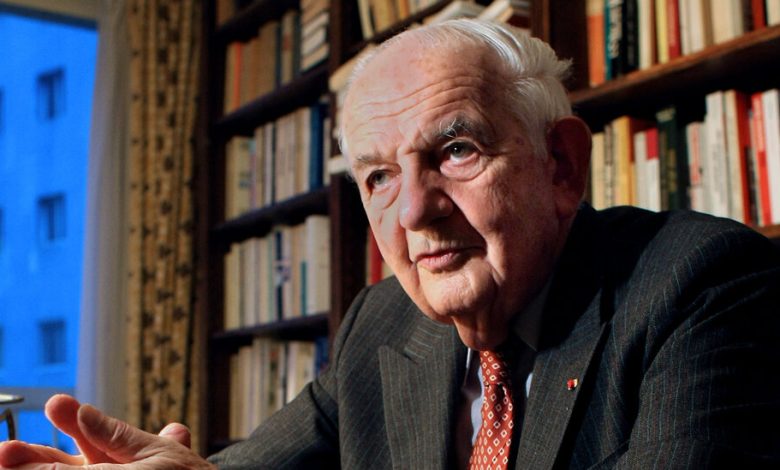Alfred Grosser, Champion of French-German Reconciliation, Dies at 99

Alfred Grosser, a French political scientist and historian whose writings and activism played a major role in conciliating two ancestral enemies, France and Germany, in the wake of World War II, died on Feb. 7 in Paris. He was 99.
His death, in a nursing home, was confirmed by his son Marc.
Through more than two dozen books of history, political science and memoirs, decades of teaching at one of France’s premier universities and many articles on contemporary affairs, Mr. Grosser made it his life’s work to bring together two countries with long histories of mutual mistrust, if not mutual hatred.
The need for reconciliation, he felt, was acute after a war that had left Germany in ruins, spawned German atrocities on French soil, torn France’s social and political fabric apart through the traumas of occupation and collaboration, and torn his own German Jewish family apart as well. He was as skeptical of French purity after the war as he was of the need to condemn Germans collectively.
“Women whose heads had been shaved,” he wrote about France in the immediate postwar period in a memoir, “A Frenchman’s Life” (1997). “‘collaborators’ mistreated by people who had plenty to reproach themselves for — these were not scenes to inspire enthusiasm!”
Mr. Grosser occupied a unique Franco-German niche. Called “one of the architects of postwar reconciliation with Germany” by The New York Times in 1995, he was the only French citizen ever invited to address the Bundestag, the German parliament,three times, according to the Institut d’Études Politiques (Institute for Political Studies, or Sciences-Po as it is known in France), where he taught from 1953 until he retired in 1992. The last time, in 2014, was in the presence of Chancellor Angela Merkel.